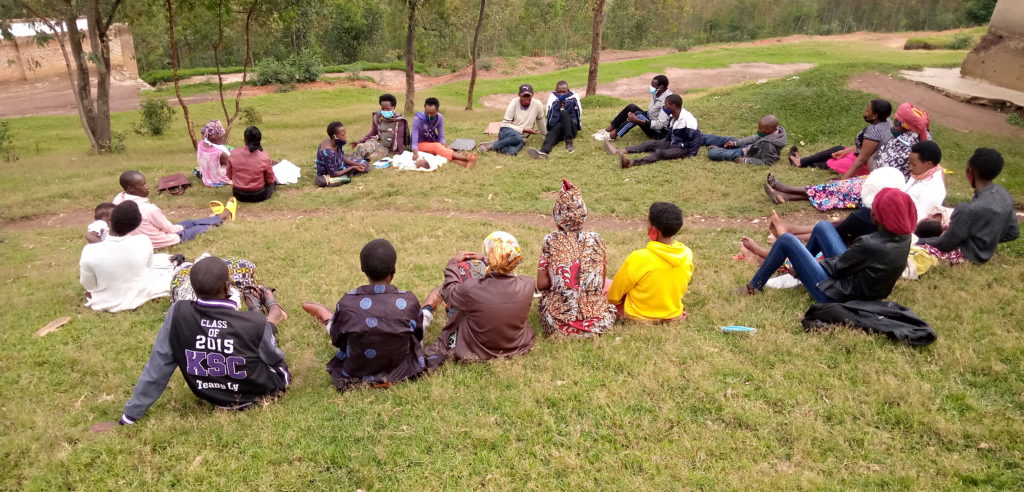The death of Queen Elizabeth II had a global impact, and for many people it marked the end of an era. In this troubled and changing world, it was important to witness continuity, while all else is unsettled. The perfectly choreographed military processions and the ritual were comforting, as well as visually impressive.
Millions around the world tuned into the Queen’s funeral on television and radio, and untold thousands in Britain lined the route of her final journey. Even quite cynical observers found themselves emotionally exhausted by the time Her Majesty was interred at Windsor.
Many were reminded of their own grief at the loss of someone they loved. As the Queen’s coffin was lowered into the vault at St George’s Chapel, millions of us were reliving our personal experience of loss. Even if we never visit Windsor to see the stone tablet marking her resting place, we are confident that all is as it should be, and that her family – and history – know where her remains will stay.
Imagine being without that sense of continuity or certainty. Imagine that your mother’s body was never found, and that you have no idea where she might be buried. What must it feel like to have only tormenting images of her final moments, based on what you’ve heard was endured by others who were there at the same time?
Even 28 years after the Rwandan genocide, thousands of survivors still do not know where the people for whom they cared are buried, or even if they are dead. Just like the family of soldiers missing in action, there is no certainty, and no finality. Mass graves continue to be discovered in Rwanda, and forensic experts try to identify the remains, matching their DNA to surviving relatives. But for every time there is closure for one family, there are many others who are left wondering where their loved one can be. It is no exaggeration to say that this situation is its own form of hell.
What Are We Doing About It?
Our connection with a Rwandan group, SURF, the Survivors Fund, goes back 18 years. Together, we seek to provide the mental health support to help grieving relatives manage the trauma of being denied closure. Each time another mass grave is discovered, a new wave of distress and doubt descends when it turns out that your father or brother was not among the bodies found. Our peer support counsellors hold regular group and individual sessions across Rwanda, using their skills and empathy to guide survivors out of the darkness.

This may not be a quick fix like building a well, distributing cows or fixing cleft palates, but it is essential if people are to flourish, prosper and move on. We are proud of our record, working with SURF, of reaching and helping hundreds of survivors find a sustainable way forward. Please click on the button below to support the work of Network for Africa in Rwanda, Uganda and Sierra Leone. Thank you.
Support Our Work in Rwanda, Uganda & Sierra Leone